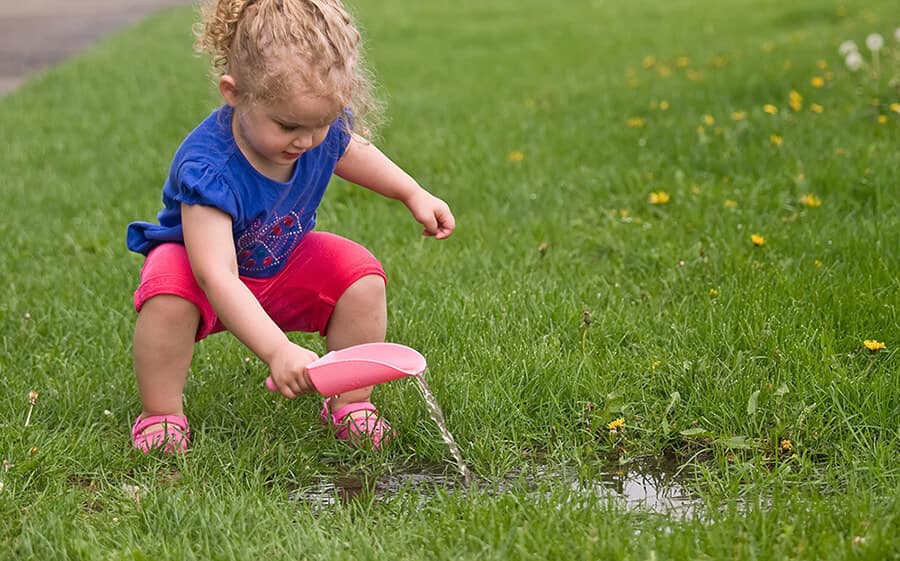The House's Principal Frequent Causes of Leak Problems: In-Depth Analysis
The House's Principal Frequent Causes of Leak Problems: In-Depth Analysis
Blog Article
What are your thoughts on Top Causes of Home Water Leaks?

Leaks not only create waste of water yet can additionally trigger unneeded damage to your residence and advertise undesirable natural growth. By looking and recognizing for daily scenarios that cause leakages, you can protect your house from future leakages and unnecessary damages.
Instantaneous temperature changes.
Severe temperature level adjustments in our pipelines can create them to increase as well as acquire unexpectedly. This expansion and also tightening may create fractures in the pipelines, particularly if the temperature level are below cold.
Rusty water supply
As time passes by, your plumbing system ages and corrosion such as corrosion might begin eating away the pipes. This might be the root cause of staining or bending on your pipes. This calls for an assessment with your plumber quickly. Take into consideration changing the pipes considering that they are at a greater risk of rust than the newer versions if our plumbing system is old.
Malfunctioning Pipe Joints
The factor at which your pipes attach is often the weakest link in the waterline. Pipeline joints can deteriorate over time, resulting in water leakages. The majority of pipeline joints are not quickly visible. If you have loud pipes that make ticking or banging noises, especially when the hot water is switched on, your pipeline joints are most likely under a great deal of pressure. It is suggested to have your plumber inspect your system yearly.
Intruding origins
The majority of water leaks start outside the residence rather than inside it. You could discover wet patches or sinkholes in your lawn, and that might mean that tree roots are invading water lines triggering water to permeate out.
Poor Water Connectors
At times, a leakage can be brought on by loose tubes and pipes that supply your devices. Typically, changing is what triggers the loosened water Links. You may discover when it comes to a cleaning machine, a tube might spring a leak because of shaking during the spin cycle. In case of a water connections leak, you might observe water running directly from the supply line or pools around your appliances.
Obstructed Drains
Obstructed drains pipes might be annoying and inconveniencing, however they can in some cases wind up creating an overflow resulting in burst pipes. Maintain eliminating any type of materials that might decrease your drains that might clog them to stay clear of such inconveniences.
All the above are reasons for leaks but not all water leaks arise from plumbing leaks; some leaks could originate from roof leaks. All leaks need to be repaired right away to prevent water damages.
Leaks not just cause waste of water but can also trigger unnecessary damages to your house and also promote unwanted natural development. By looking and also comprehending for daily circumstances that cause leaks, you can safeguard your residence from future leakages and also unnecessary damages. Today, we will certainly look at 6 leakage creates that may be triggering your pipes to drip.
At times, a leakage can be caused by loosened hoses as well as pipes that provide your devices. In situation of a water links leakage, you might see water running directly from the supply line or puddles around your devices.
How To Check For Water Leak In Your Home
How To Check for Leaks
The average household's leaks can account for nearly 10,000 gallons of water wasted every year and ten percent of homes have leaks that waste 90 gallons or more per day. Common types of leaks found in the home are worn toilet flappers, dripping faucets, and other leaking valves. These types of leaks are often easy to fix, requiring only a few tools and hardware that can pay for themselves in water savings. Fixing easily corrected household water leaks can save homeowners about 10 percent on their water bills.
To check for leaks in your home, you first need to determine whether you're wasting water and then identify the source of the leak. Here are some tips for finding leaks:
Take a look at your water usage during a colder month, such as January or February. If a family of four exceeds 12,000 gallons per month, there are serious leaks.
Check your water meter before and after a two-hour period when no water is being used. If the meter changes at all, you probably have a leak.
Identify toilet leaks by placing a drop of food coloring in the toilet tank. If any color shows up in the bowl after 10 minutes, you have a leak. (Be sure to flush immediately after the experiment to avoid staining the tank.)
Examine faucet gaskets and pipe fittings for any water on the outside of the pipe to check for surface leaks.
Undetected water leaks can happen without the home or business owner even realizing. If you suspect a water leak, but not able to find the source. It is time to contact a professional water leak detection service, The Leak Doctor.
How To Find a Water Leak In Your Home
https://www.leakdoctor.com/blog/How-To-Check-For-Water-Leak-In-Your-Home_AE197.html

I stumbled upon that blog entry about How to Find Water Leaks when browsing the web. Feel free to take the opportunity to distribute this blog posting if you liked it. We take joy in reading our article about How to Find Water Leaks.
Pro help, one ring away. Report this page